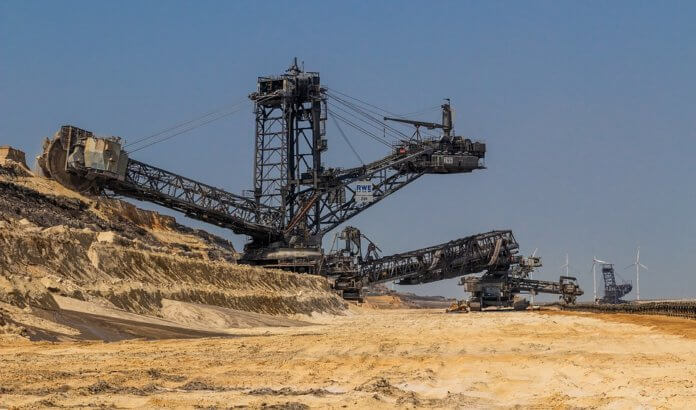The federal solar tax credit should be extended by at least four years in coalfield areas, such as the ones around the Navajo Generating Station (NGS) and Kayenta Coal Mine in Arizona, according to a briefing note from the Institute for Energy Economics and Financial Analysis (IEEFA).
“Scheduled curtailment of the tax credit comes at the worst possible moment for vulnerable communities that are facing impending closure of a power plant or a coal mine that provides revenues critical for government services,” says Tony Skrelunas, lead author of the brief and a former director of economic development for the Navajo Nation.
As it stands, the tax credit, which was created in 2005 and renewed by Congress four years ago, will be stepped down annually – from 30% currently to 10% by 2022. According to IEEFA, the credit is seen as a crucial catalyst to the solar industry, which has yet to arrive full force in communities that are being hit hard by the rapid descent of the coal-fired electricity generation sector.
The briefing note – Extending the Full Federal Solar Tax Credit by Four Years (Through 2024) for Coalfield Communities – highlights that Hopi and Navajo communities will be sorely hurt by the closure this year of NGS. The Hopi tribal government will lose 80% of its revenue from the closure, and the Navajo government will lose about one-third of its revenue, says IEEFA.
The IEEFA brief recommends accelerating efforts to build a regional utility-scale solar industry to help replace some of the lost tax revenue – a move that would be critical for creating jobs, as well.
In addition, the brief emphasizes that the issue is not restricted to tribal lands: Many coalfield communities nationally — e.g., Appalachia, the Powder River Basin of Montana and Wyoming, New Mexico and elsewhere in Arizona — are also struggling as coal plants and mines are retired or shut down.
“Such an extension would support economic development in these areas, and it would be especially helpful if it were to give priority to communities that don’t have enough time to effectively respond to impending plant and/or mine closures,” Skrelunas says. “For tribal lands, we also recommend a special federal policy provision that that would allows tribes to partner with experienced developers in a way that maximizes monetization of the value of the tax credit.”




